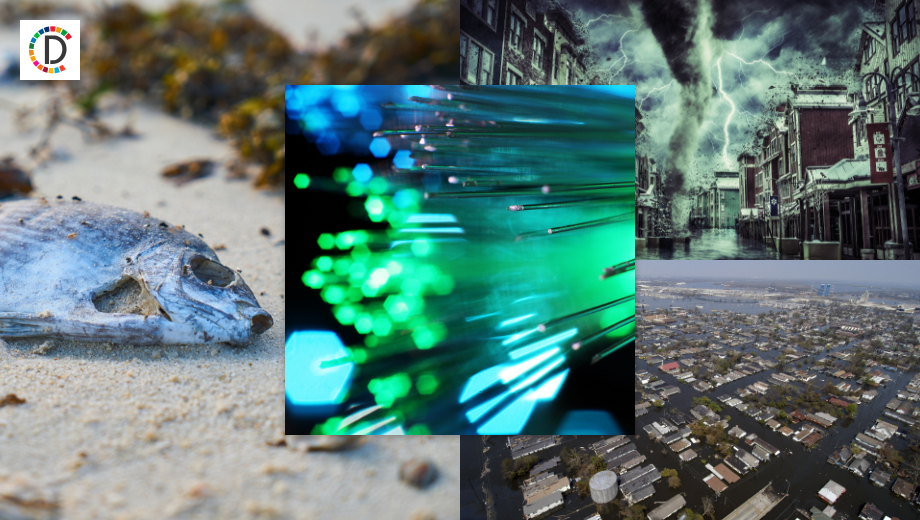Unlocking the Secrets of Safe Lithium-Ion Battery Recycling
Lithium-ion batteries, essential for modern technology, pose recycling challenges due to harmful PFAS chemicals. New research suggests incinerating batteries at temperatures above 1,000°C to break down these chemicals safely. This innovative approach aims to improve recycling efficiency while protecting the environment and public health.

- Country:
- Australia
The widespread use of lithium-ion batteries in modern devices presents a growing waste management challenge, driven by hazardous components like PFAS chemicals. Amid increasing concerns, the quest for efficient recycling methods becomes critical.
Recent research highlights that incinerating these batteries at temperatures exceeding 1,000°C can effectively decompose the harmful bis-FASIs, a subtype of PFAS. This development could enhance recycling processes by ensuring environmental and human safety.
Despite the promising solution, implementing high-temperature incineration demands significant financial investments, an effort where consumers might share the cost. Moving forward, the focus sharpens on developing batteries without these 'forever chemicals'.
(With inputs from agencies.)










